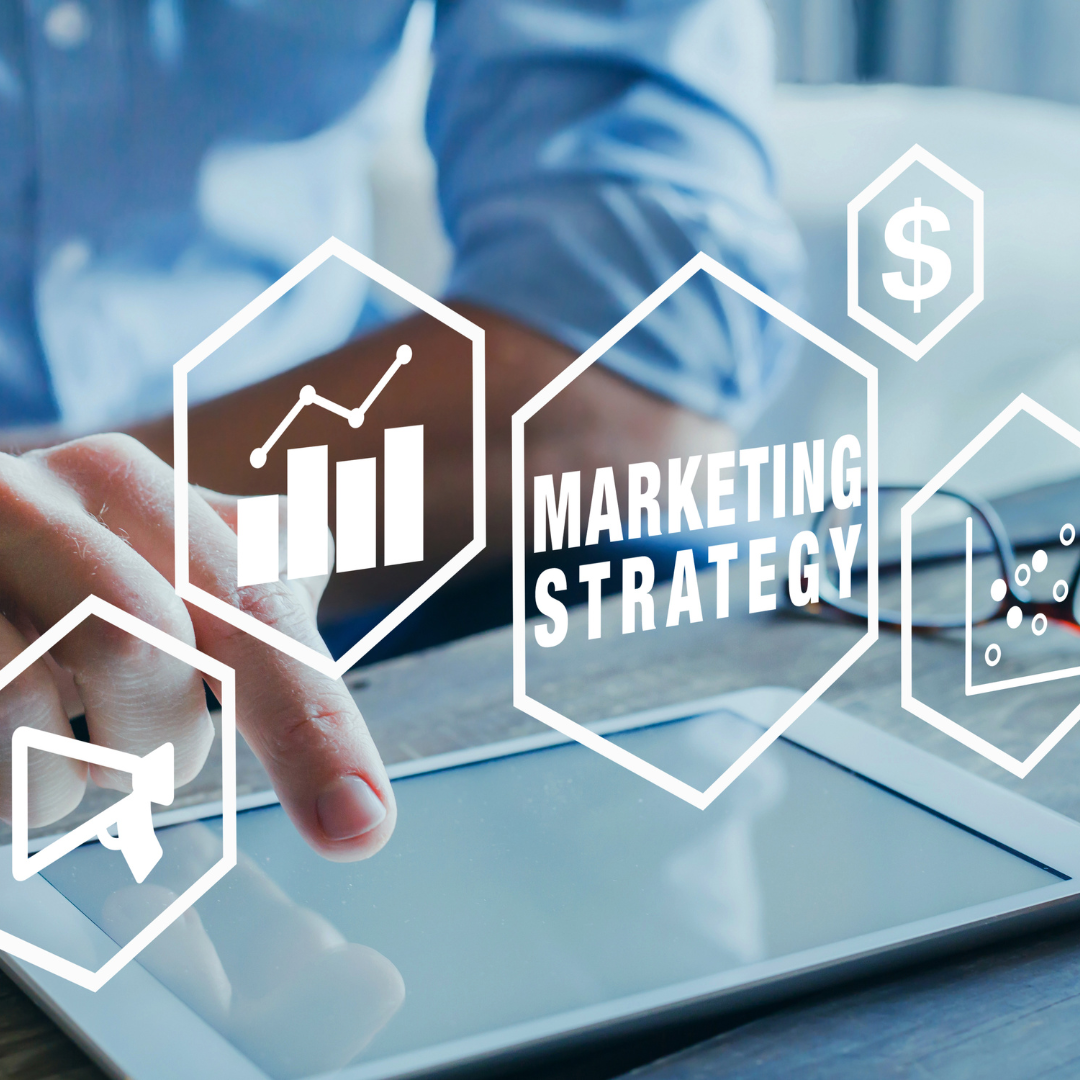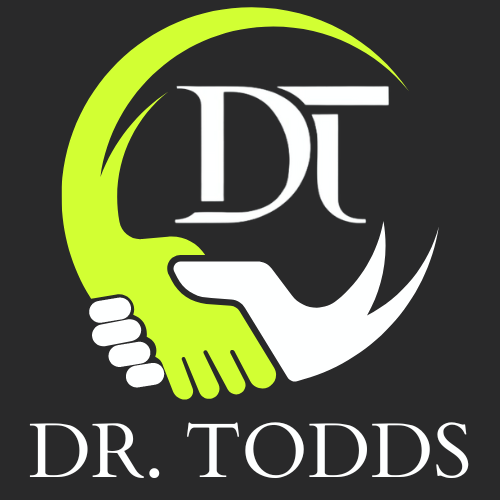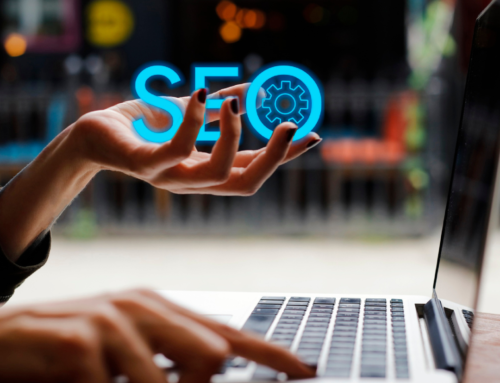
How do you know if your marketing strategy is working? That is the question that a lot of people, including business leaders, are trying to answer. While there are a lot of metrics, like sales, that you can track or look at to see whether your marketing efforts are working, one of the best ways to measure your marketing effectiveness is through… conversion! A good conversion is when a person gets what they came for, does what you asked them to do, and becomes a fan.
Conversion is a word that is used quite a bit these days. Many marketers think that they must convert their visitors into buyers. Others believe that if they can create the right content and then use the right marketing channels to get the message to their target audience, they can achieve the same thing. There is no doubt that you can achieve conversion if you have the right goal and a clear understanding of who you are trying to reach.
Conversion Funnels are a staple of a lot of marketing strategies. They are the logical progression on a website visitors’ journey. The idea is that you start at the top of the funnel, educate visitors about your product or service, and then move them down the funnel to give them an incentive to buy. It is a strategy that has changed how many companies look at their customer experience. It is a way of connecting your marketing, customer care, and sales efforts to create a single, actionable path that guides your customers through the whole buying cycle, beginning with their first contact with your company.
The conversion funnel is a simple concept that helps guide your marketing efforts. The funnel, which is your customers’ path to purchase, is just that – a path. Along that path, there are different types of people you expect to buy your product. Some will go directly from the website to purchase; others will begin with the purchase of a lead. Some will become loyal customers in the process of making the purchase, while others will purchase simply because they don’t have other choices. Strategies such as demand generation and lead generation (see more about demand generation vs lead generation here) seem to play a crucial role in this conversion process. In light of this, many businesses focus on developing effective plans based on demand and lead generation to attract more customers.
Here are some reasons why your marketing strategy needs a conversion funnel:
- It helps in establishing a connection with customers
To increase retention, we need to make sure that we stay in touch with our customers and make sure that they know about the value we are offering, but we also need to get back out to them when they contact us, so we can offer our highest level of service. That’s where a CRM (customer relationship management) tool as well as the appropriate pr tips and tricks come into play. These two combined can make it easy for any company to serve their customer and handle all customer interactions. Needless to say, when customers are dealt with efficiently, whether that’s via a help desk, omnichannel call center, or a combination of a few different things, it helps build a positive brand image.
- It guides you to better planning
I often hear marketing heads say, “I was so busy with my SEO that I forgot to plan my social media strategy.” Though this might sound harmless, in reality, it can really hamper the process of brand awareness. This is the age of social media, where every brand seems to be trying to increase their customers by creating promotional brand videos (with the help of firms like Sub-Culture–looking up “video production belfast” on the Web can help locate them) and whatnot! So, a firm not creating a social media strategy might lose a lot! It makes sense because the components of a marketing strategy are often loosely related to one another. For example, a marketer may create a website and a blog but may not think about how each will be connected to social media. A marketing strategy needs to be planned and designed, so it’s easy for a marketer to follow and remember.
- It simplifies the customer journey
The process of selling to consumers is known as the “Customer Journey.” It is the path a customer takes through the stages of the sales process. The journey may consist of the customer first becoming aware of the product or service, learning about the benefits, making a decision to purchase, completing the purchase, and then finally using the product or service.
A well-designed conversion funnel will guide you through promoting your product to the correct people, at the correct time, with the correct offer, and at the correct price.
Customers today have far more choices than ever before. The choice for shopping online is vast, which means that if you’re not careful, you can miss out on sales. The old marketing model is quickly disappearing, and your company will suffer if you don’t take steps to ensure that you’re getting your message to the right people.
In the business world, everything revolves around customers. We use them to motivate our employees, give us a good living, and make us feel good. We use them to expand our brand and to make more money. And we use them to bring in more customers.



